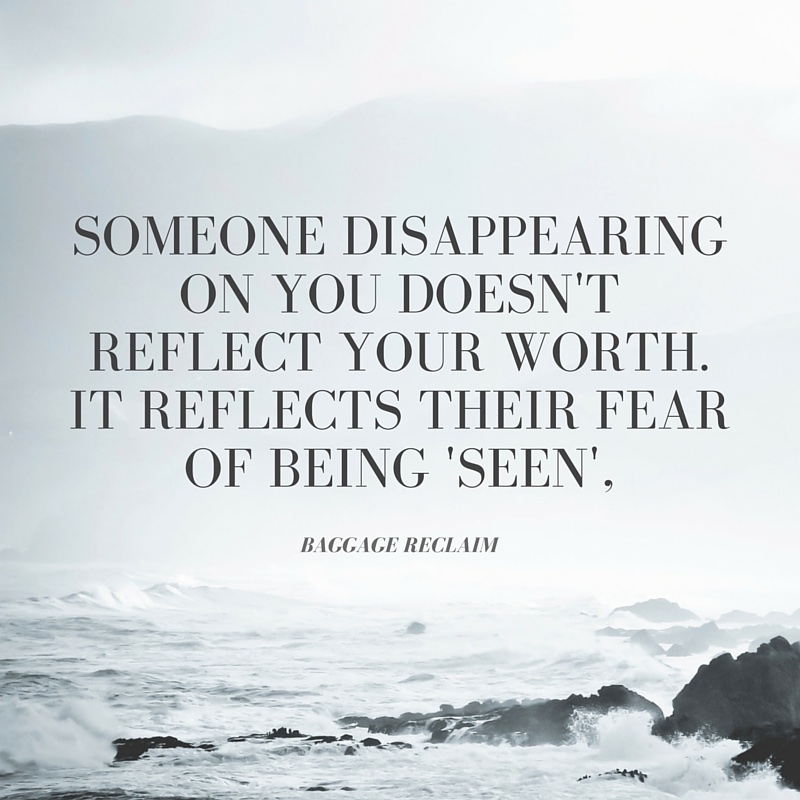When my brother first started as a plebe at West Point, my parents drove up to visit him often , to watch him play hockey and to just make sure he was ok. He was a goalie for a difficult coach, and West Point was no picnic to begin with. My mom and dad soon met Ginny and Charlie, the parents of one of his teammates, and became lifelong friends. Well, not quite lifelong.
From those hockey games and social events on the beautiful USMA campus and at colleges around the northeast, their friendship grew. Their son left West Point after a pretty short while, but they stayed in touch. They bought condos in the same complex in Naples, Florida. For many years, while my father was still working, the two couples would visit their condos for a couple of weeks only in the summertime, likely they were the only ones there, and rent them out during the peak months. It was quite a milestone when they all began going south for the winter rather than the opposite.
Charlie was the only man I knew cheaper than my dad. I once went to the dog track in Bonita Springs with them and they split $2 bets. Ginny could find a bargain of any kind. She was particularly good at finding travel bargains. Trips to the Dominican Republic. Cruises. They had a ball. They once ended up on a gay cruise (it was a last minute deal!) They did not know it was a gay cruise when they reserved. They started to get a clue when they noticed all the hat boxes being carried on, hatboxes not being something you see everyday. In this case they did not contain hats. Wigs. For the drag queens. It may also have been their first exposure to gay women, and I think they were all surprised to find “those lesbians were just lovely!”
Charlie loved to drive. It did not matter where, and most of the time there was no actual destination. The journey was the thing, finding something or someplace unexpected. They drove together, both in Florida and on the North Shore of Boston where Ginny and Charlie lived, and where we live now. My mother knew the backroads and small towns all over this part of the world long before I did. She knows the best clam shacks and sandwich spots, and where both Dairy Queens are.
My parents had dinner with Ginny and Charlie pretty frequently in Florida. She cooked the basics, but unlike my mother, Ginny loved to cook. She was a great cook. She also ruled Charlie with an iron fist.
Charlie always referred to his wife as Vir-gin-i-a, always four syllables. His face was round, and he had a twinkle, like Thomas Nast’s Santa Claus. He umpired for baseball leagues around Naples into his seventies. When she would scold him for whatever minor offense she believed he had committed, he would say “Yes, Vir-gin-i-a,” but his tone was the audio equivalent of a world class eyeroll.
Ginny could be a difficult friend. She did not like her friend groups to mix, so you could never develop a relationship with any of her friends outside of her orbit–at least not without paying a price. And she talked about her kids, later her grandkids, all the time. Really. ALL the time. There was very little room for anyone else in the conversation, which sometimes grew tiresome but mostly was ok because it was clear how much she loved them all. My mother understood all of Ginny’s unspoken rules and colored within Ginny’s lines.
After thirty years of friendship, Ginny and Charlie disappeared. Ginny didn’t call, and didn’t return my mother’s calls. They sold their house, moved in with one of their children, and they stopped going to Florida. My mother was crushed. She could not understand how someone she had spent so much time with could just cut her out like that. She thought it had to be the result of something she had done or said. She continued to send Ginny a birthday card every year, but agonized every time about why she should bother as she knew she would not get a response. She sent it anyway, a selfless act in honor of thirty years of friendship.
It turned out that Charlie had Parkinson’s Disease. Ginny either couldn’t or wouldn’t deal, or didn’t want friends to know, so she ghosted. My mother, struggling to understand, has discussed this with numerous friends in common over the years since and discovered that it was not just her. That Ginny removed virtually everyone except her family from their lives.
I have been thinking a lot about how we leave people, and how people leave us. I read a great article by a young woman I know about how we are advised all the time to cut negative people from our world. Yet what if it’s you that’s been cut out? How do you manage the rejection? I encouraged my parents to focus on the good, the amazing times they had together, and to acknowledge that their abandonment had nothing to do with them. That they could not have been better friends, that they should not have done anything differently. It’s hard, though. It hurts.
Ginny and Charlie have both passed away. I think of them sometimes, her booming laugh, his sarcastic banter. I’m glad my parents had such good friends for such a long time. Not life-long, but long enough.


There are those people who come into our lives and stay forever; those who stay for a while, then pop up again and again, and friendship resumes where it left off. And, as you pointed out, there are those who stay for years, then disappear, leaving you wondering what went wrong. There is a time and place for everyone in your life. The trick is knowing when to let go, or step back, or pursue a lapsed friendship, and not take on the burden of self-blame.
It’s so hard to avoid the self-blame, though. And if you are a caring person, it’s really hard not to care!
Cynthia and I both experienced an old GLS friend who invented the term “ghosting.” She was the first individual in my life, and happily the last, for whom ghosting was a lifestyle and pattern. The phrase you posted above is great–it took me a while in my early 40s to accept and embrace its spirit and comfort (when it had become “my turn” to be ghosted.) As Cynthia says though over time one finds that often the ghost who departed has done us a favor, gave us a gift; mercurial persons who eschew strong ties or act out due to their fears of commitment that any good friendship brings chaos spiritually and emotionally. I finally grew to realize that, not easy but it finally happened. xx
That is a great way to look at it. I am still stuck in the “I was not worthy of being her friend” phase. I hope I will find the same peace you did with it eventually.